Vietnam has mastered the world's latest stem cell transplant techniques, but the number of transplants is still low, many patients cannot find suitable donors, and a stem cell donor bank is needed to increase the chances.
"Currently, many families have few children, so the possibility of finding a blood-related donor is very low," said Dr. Phu Chi Dung, Director of the Huyen Hoc Blood Transfusion Hospital in Ho Chi Minh City, at the Vietnam-France bone marrow and hematopoietic stem cell transplant conference on November 24.
For example, a family with 4 children has a high chance of finding a suitable donor. If there are 2 children, the chance of finding a suitable donor is only 50%, 25% in a family with one child. Therefore, finding a source of unrelated stem cells through a bank is very necessary.
Currently, Vietnamese doctors often contact donor banks around the world to find stem cell sources, mainly in Taiwan and China. However, the probability of finding them is not high due to genetic differences. "If there is a Vietnamese donor bank, the possibility of finding a suitable source will be higher," said Dr. Dung.
The leader of the Huyen Hoc Blood Transfusion Hospital in Ho Chi Minh City added that the establishment of a bank in Vietnam depends on policy issues, requiring laws on stem cell donors, from which stem cell reception procedures can be established.
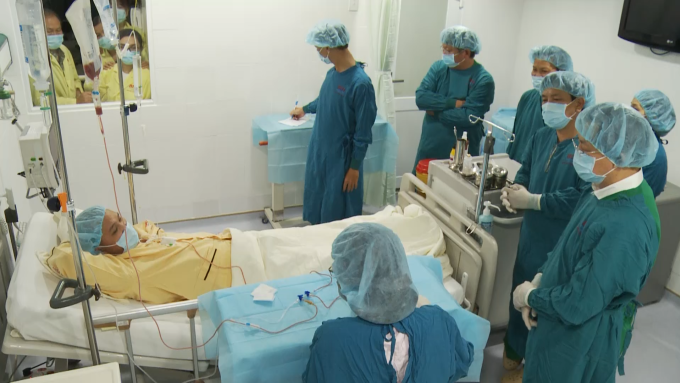
A 25-year-old patient received a stem cell transplant from Taiwan at the Ho Chi Minh City Blood Transfusion and Hematology Hospital in 2017. Photo: Provided by the hospital
Hematopoietic stem cell transplantation is the most radical treatment method, the only chance to help patients with malignant and benign blood diseases recover and return to normal life. The first bone marrow transplant in Vietnam was performed by the Ho Chi Minh City Blood Transfusion and Hematology Hospital 28 years ago, helping the patient recover, get married, and have healthy children. In 2002, the hospital performed the first umbilical cord blood transplant in Vietnam.
To date, many Vietnamese hospitals have fully implemented the world's latest techniques, transplanting 3 types of stem cells: bone marrow, umbilical cord blood, and peripheral blood. In 2021, Vietnam will implement advanced techniques to cure cancer, which are allogeneic stem cell transplantation, combined with chemotherapy and radiotherapy (TBI). Patients receive chemotherapy to clear cancer cells, then whole-body radiotherapy to clear remaining cells and transplant new blood cells.
Currently, the country has more than 10 hospitals that can transplant stem cells with more than 1,000 patients having received transplants. Recently, Ho Chi Minh City has added a stem cell transplant center at Children's Hospital 2 and Ho Chi Minh City Oncology Hospital. About 10 years ago, many Vietnamese patients went abroad for treatment because they did not trust domestic transplant techniques. Recently, the number of cases treated abroad has decreased.
The success rate of stem cell transplantation depends on the type of transplantation technique and the patient's disease. For example, with allogeneic transplantation in patients with acute myeloid leukemia, in high-risk groups, the survival rate after transplantation is about 50% of patients living over 5 years. In patients with benign diseases such as bone marrow failure, the 10-year survival rate is up to 70%.
Le Phuong
Source link


![[Photo] Close-up of Vietnam's sniffer dog team searching for earthquake victims in Myanmar](https://vstatic.vietnam.vn/vietnam/resource/IMAGE/2025/4/1/d4949a0510ba40af93a15359b5450df2)
![[Photo] General Secretary To Lam receives King Philippe of Belgium](https://vstatic.vietnam.vn/vietnam/resource/IMAGE/2025/4/1/e5963137a0c9428dabb93bdb34b86d7c)

![[Photo] Prime Minister Pham Minh Chinh meets with King Philippe of Belgium](https://vstatic.vietnam.vn/vietnam/resource/IMAGE/2025/4/1/be2f9ad3b17843b9b8f8dee6f2d227e7)
![[Photo] President Luong Cuong and King Philippe of Belgium visit Thang Long Imperial Citadel](https://vstatic.vietnam.vn/vietnam/resource/IMAGE/2025/4/1/cb080a6652f84a1291edc3d2ee50f631)

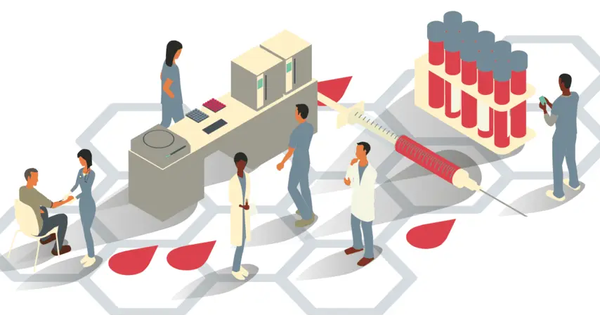




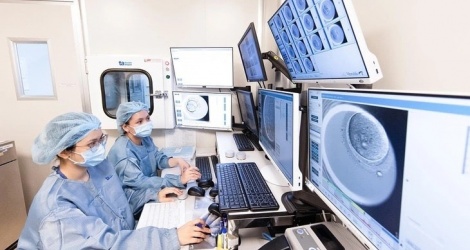

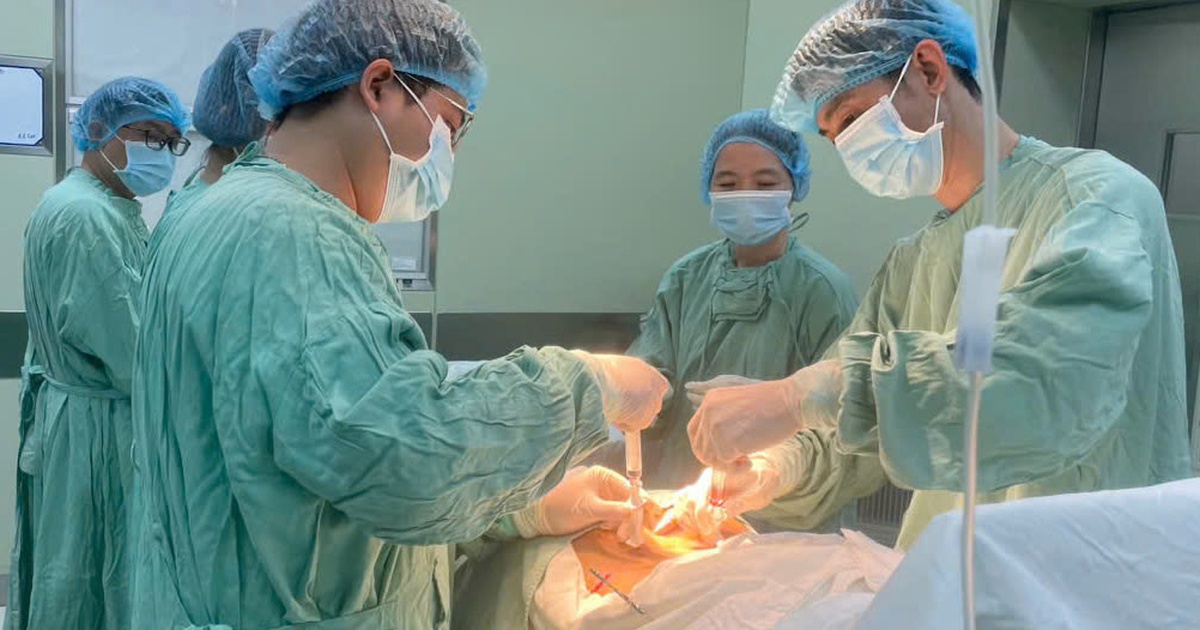


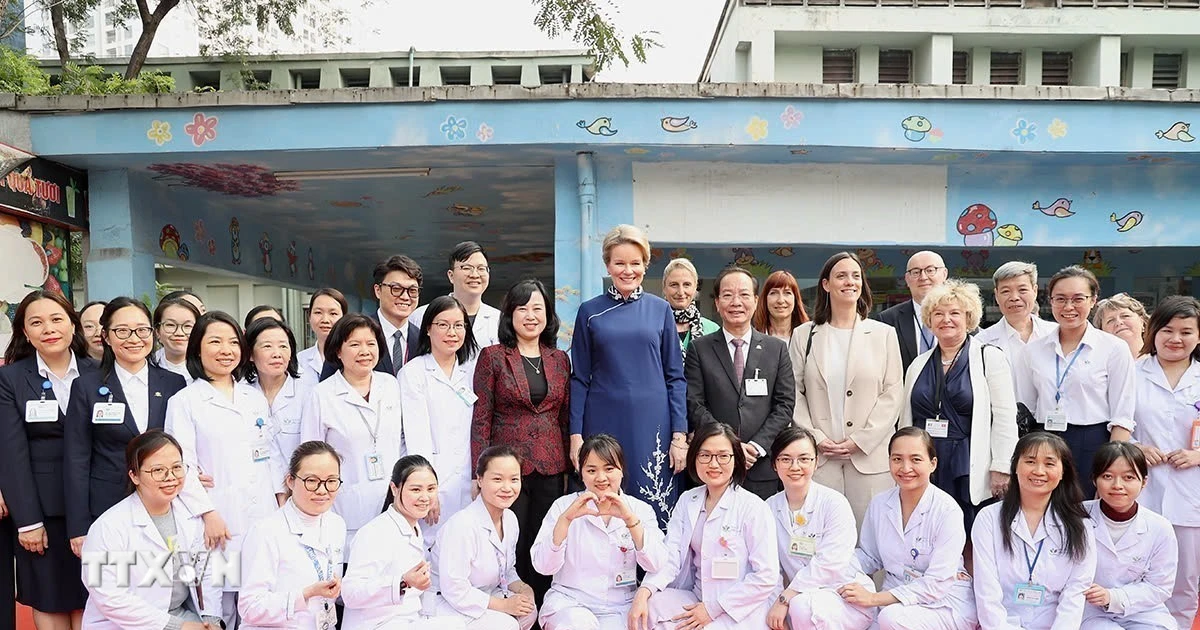

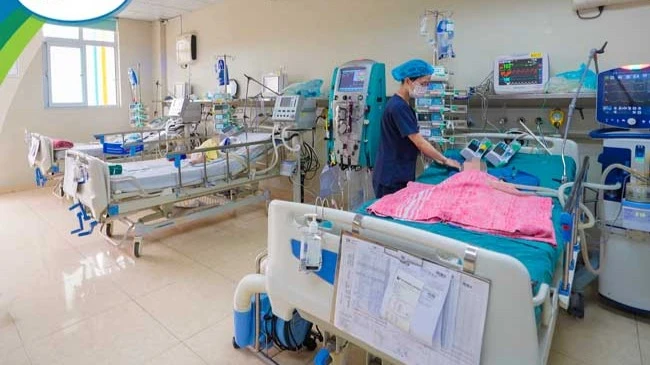

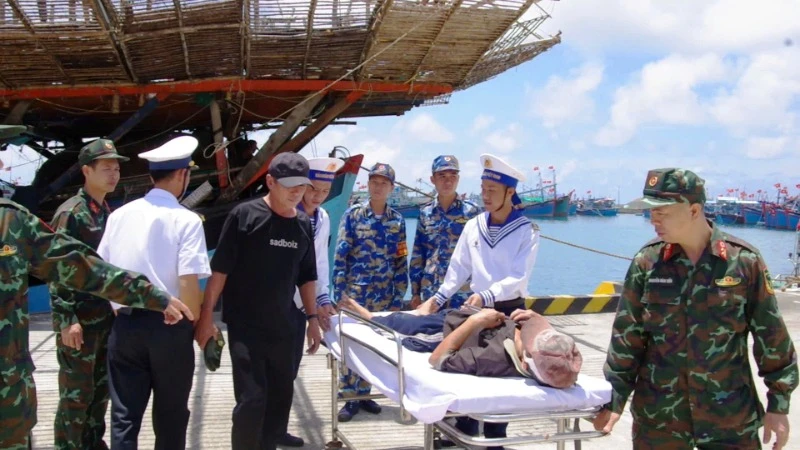
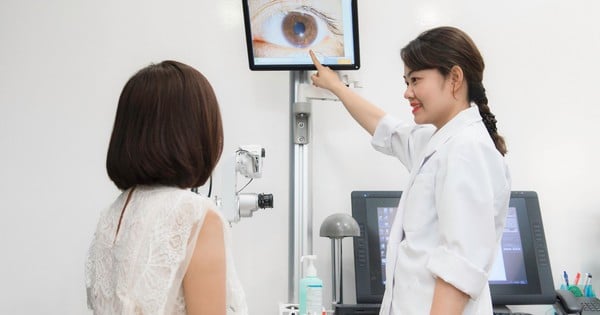










![[Photo] Myanmar's capital in disarray after the great earthquake](https://vstatic.vietnam.vn/vietnam/resource/IMAGE/2025/4/1/7719e43b61ba40f3ac17f5c3c1f03720)









































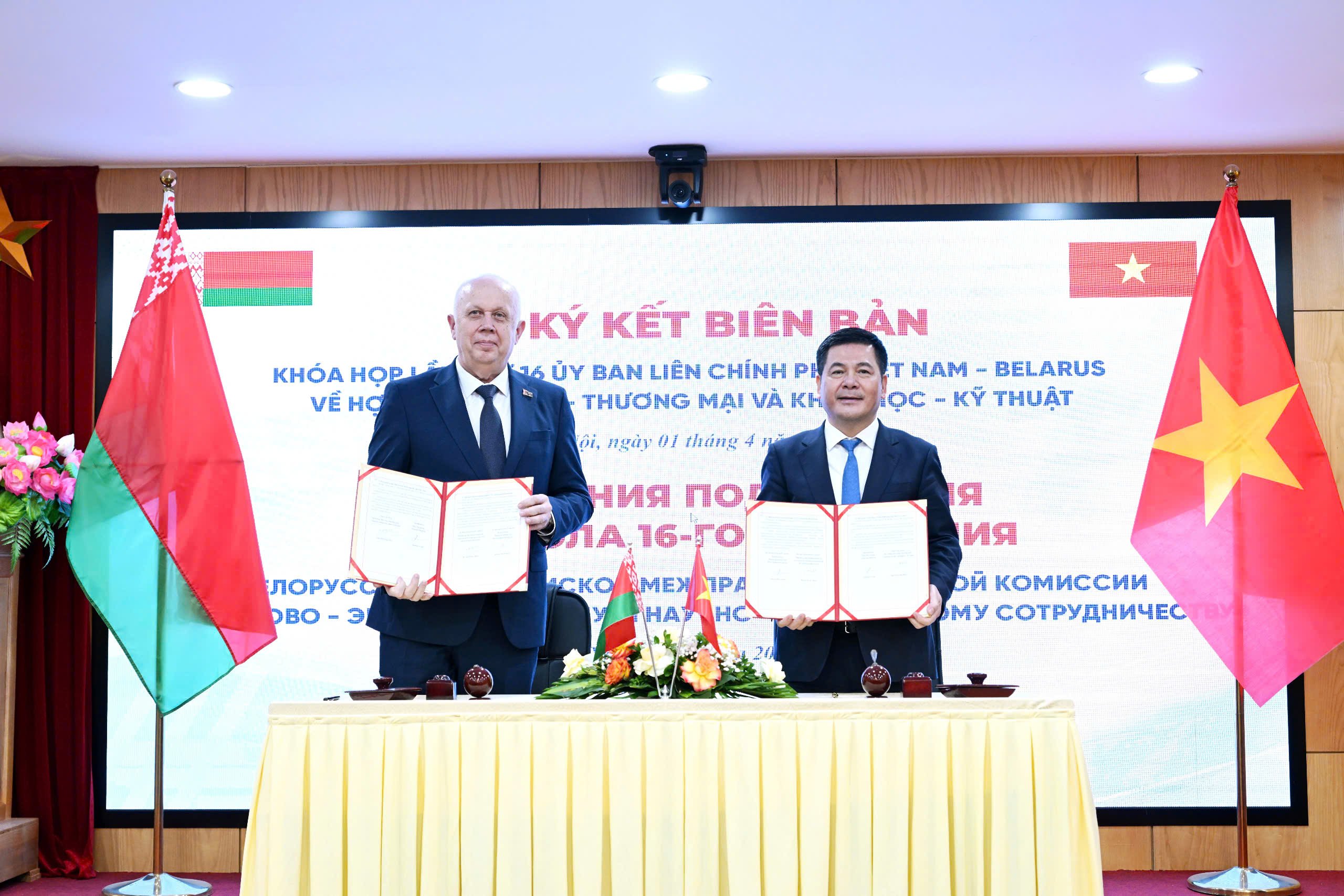
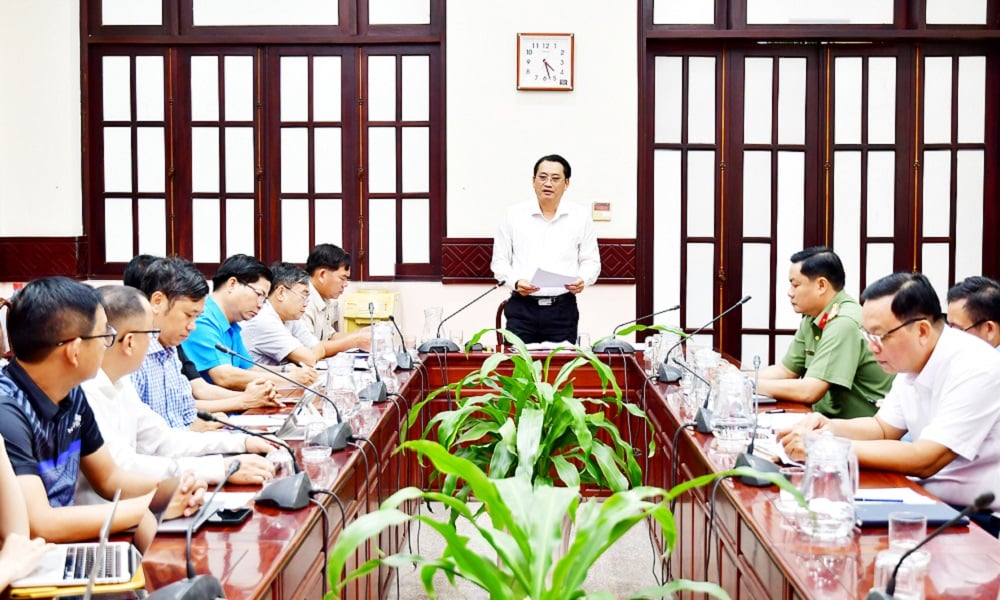

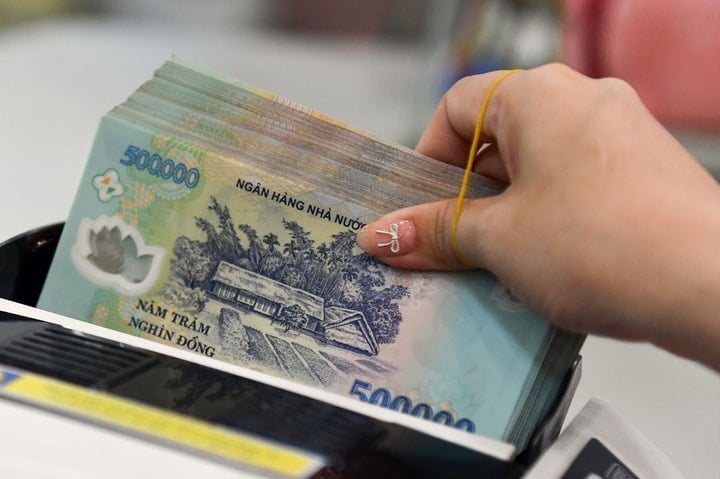

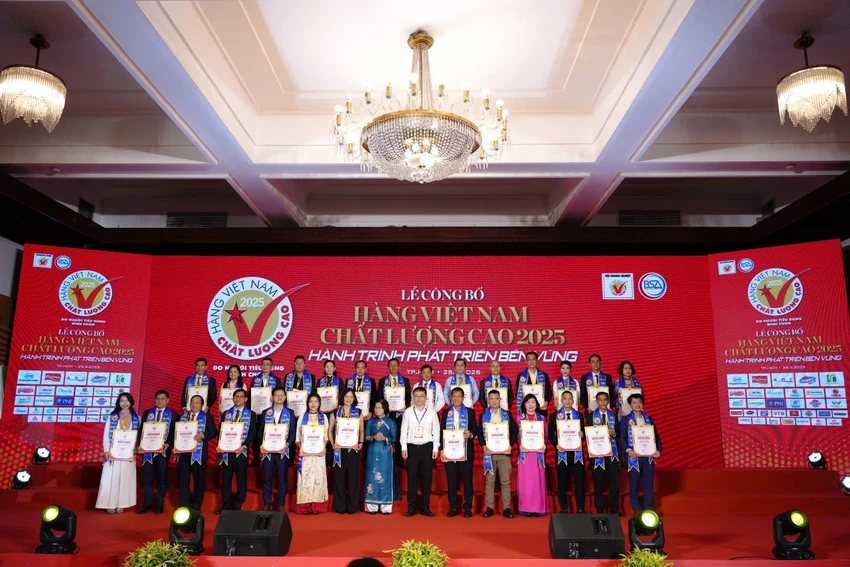

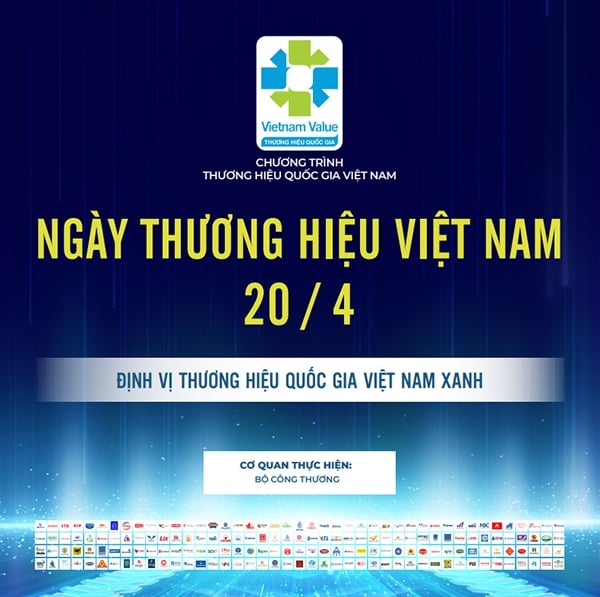
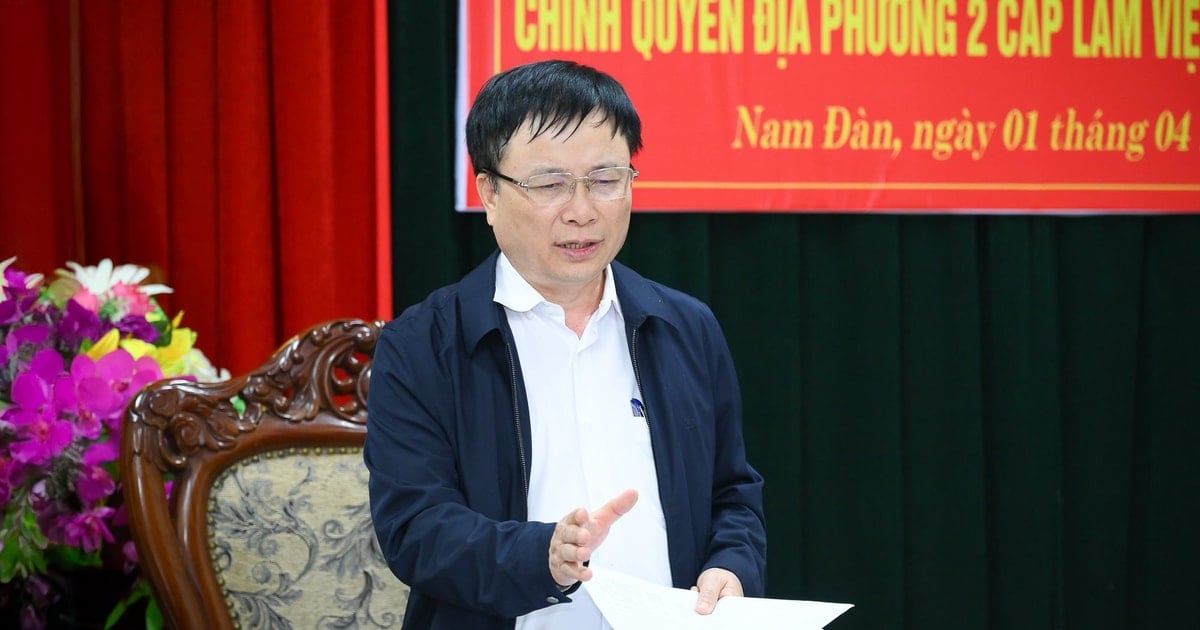











Comment (0)